First, a little of my own story. As newlyweds who weren't trying to conceive, my husband and I weren't expecting to become pregnant only six months into our marriage, but I was thrilled. I recall announcing my pregnancy to my employer and being scolded for breaking the unspoken rule (of which I was unaware!) that you shouldn't tell people you're pregnant until you have passed the somehow magical twelve-week point of pregnancy. (The truth is pregnancies do end after twelve weeks -- and unannounced earlier losses aren't necessarily any easier to live through...alone.) Just a few weeks after my pregnancy announcement, I noticed I was bleeding. Immediately seeking medical care, I was devastated when I was informed that the embryo had not formed after implantation. Sadly, our tiny first baby had died very early in development. We were the first of our friends to get married and certainly the first to lose a baby, and I felt quite alone during that loss. Thankfully, I received support from our midwife and a local organization that still supports families going through pregnancy loss. When someone you know has announced their pregnancy, only to find out at some future time that their baby's life (or babies' lives) have ended before or during birth, it can be a confusing situation for loved ones. You might wonder what to say or do, and what not to say and do. Every bereaved parent grieves differently and has different needs, so the best practice is simply to ask, "What can I do for you?" However, in the midst of the fog and pain of grief, it can be difficult for bereaved parents to come up with any concrete answers to this question, so here are some general principles that are a good place to start. You can remember these tips with the acronym: SUPPORT. SPIRITUAL SUPPORT. Parents who have lost a child or baby have a real need for their spiritual community to encircle them with heartfelt prayers of blessing, sorrow, and hope; practical service; reflective listening; and genuine caring. As I was before my first pregnancy, many new parents may be blissfully unaware that pregnancies don't always result in gender reveal parties, glamorous baby bump photos, and picture-perfect nurseries, but instead end in physical pain, uncomfortable procedures, and a grave. Such a shock can be a significant challenge to their faith. Are they being punished for something they did in the past? How could a loving God allow them to live through such pain? Does God even care about what they are going through? The bereaved family has a right to experience their spiritual community (or even a loving friend of faith, if the family is not a member of a faith community) to accompany them through their grief. To assure them they are not being punished for past sins or mistakes. That God is with them in their grief. That He weeps with them. And please, unless you are truly a prophet with some extraordinary revelation, do not make the mistake of falsely promising that God will give them a baby in the future. Such false promises only ease your own discomfort at walking with this family's grief and can be a future source of pain and even loss of faith if the "prophecy" fails to come true. USE THE BABY'S NAME. While not all bereaved parents may choose a name for the baby who has passed away, it can be healing to do so. If they do choose a name, it is healing to their hearts to hear you use the baby's name. For example, "Can I see Talia's ultrasound photos?" or "Where is Easton's grave? I'd like to visit." Losing a baby is a unique pain because there may be very few or even no physical reminders of his or her existence once the loss is complete. There may be no birth certificate, no gravesite if the loss was early, no birth photos, perhaps not even any clothes or diapers left behind. Using the child's name assures the parents that their child did exist, although his or her life was brief. Using the baby's name is a way to demonstrate that you are bearing the burden of grief with the parent; he or she doesn't have to be the only person to bear witness to the unique value of the child's life. And if the parents do not choose a name, I suggest you refer to their child as "your baby" rather than clinical or dehumanizing terms such as "the fetus," "the product of conception," "the embryo," or "it." PHYSICAL SUPPORT. In the early days, weeks, or months, the trauma of loss may be very intense. Help the family with physical needs such as providing water bottles, food and meals, gift cards for food (or gas cards if the mother is hospitalized for an extended time), doing laundry, or cleaning house. However, do not try to be "helpful" by cleaning out the baby's nursery or putting away the baby's things, unless specifically asked to do so by the parents. While it will likely be painful for them to see the nursery or baby's clothes, toys, or other gear, it can be an important part of the healing process to live with these things for awhile as it helps assure them that the baby did live for a short while, even though he or she is no longer alive. When they are emotionally ready, it can be an important step in the parents' healing to personally be the ones to decide to put baby's items away or let them go. Don't try to hurry this step along without being asked by them, and thus rob them of what could be important steps in their healing journey. PATIENCE AND LISTENING. Be sensitive that grief for a baby may last a long time, longer than you expect. Avoid platitudes or cliches such as "you can have another;" "time heals all wounds;" or false beliefs such as "God took the baby because He needed another angel." Instead, listen, hand out tissues to catch tears, and offer a hug. Affirm the parents' feelings. "You sound really mad; that would make me mad, too." "You really needed someone to be there for you; I'm sorry I couldn't be there. I'm here now." "It sounds like you really miss not only the baby, but all the things you wanted to do with him / her." "You sound like you feel guilty about ..." Do your best to not judge the parents' feelings. Encourage them to get help from a trained mental health professional or spiritual counselor if they begin to seem overwhelmed by their grief. Offer to drive them to appointments as it can be difficult to do things like driving or finding new places when you are in the midst of deep grief and possibly a mental health crisis. ORGANIZE HELP. In coordination with your faith community, school community, neighborhood, workplace, or social club, organize help for the family with things like childcare for any older children, meals / meal trains and household help. If organizing things is not your strength, recruit someone who is good at it! Little by little, with healing and good support, the family will be able to resume these activities, but in the meantime, you can make a huge difference for this family.
TALK ABOUT THE BABY. A common myth is that you shouldn't talk about the baby because it will remind the parents about their child and make them sad. Trust me; they won't forget their child. Early in the grieving process, the bereaved parent will frequently be consumed by thoughts of their baby and the loss. As the grief journey matures, thoughts of the child will gradually become less frequent, but hearing that you still remember him or her will likely be very comforting to them. Bereaved parents need to know that their baby's life mattered and that they do not hold the sole burden of remembering this tiny, and very important, life. It has been many years since my first loss, and since then, I have had the blessing of seven living children, and the sorrow of several other losses. Thankfully, compared to my first loss of Kate Leilani in 1998, I experienced so much more awareness and support by my friends and community when I suffered the loss of my baby, Anais Zelie, in 2016. Hopefully, this list of practical ways to SUPPORT your loved one will help you so you can accompany your loved one through the loss of their precious baby. Comment below and let me know if this list was helpful to you! What would you add? RESOURCES FOR FAMILIES EXPERIENCING PREGNANCY OR INFANT LOSS
Halos of the St. Croix Valley. For St. Croix Valley residents in Minnesota and Wisconsin, and Twin Cities area residents, Halos provides emotional and financial support for families experiencing the loss of a child at any point from pregnancy through age 20. Catholic Miscarriage Support. A website with practical resources for Catholics about miscarriage and links to sources of support, for miscarriage and stillbirth, throughout the USA.
0 Comments
August was a busy month for SCBP! The month got rolling with the August 4 session of the Catholic Nursing Mothers' Group, a group co-sponsored by the Catholic Nursing Mothers' League. We discussed "Comfort Nursing." We welcomed nine mothers and their children to this online session. The next day, August 5, I talked about "The Works of Mercy and Perinatal Loss" at Peace House right here in Stillwater, Minnesota. I was blessed to spend a lovely evening with several of the members of the Catholic Worker movement, who help women and mothers and their children in need of transitional housing, support, and life coaching. I was able to share with the group about our affiliated ministry, Tiny Treasures Perinatal Support. Team Tiny Treasures ships clothing and care packages to families facing or experiencing perinatal loss. It was an honor to discuss how this ministry is a way to "clothe the naked," "comfort the mourning" and "bury the dead". The following day, August 6, my daughter, Emilie, joined me at the 12th Annual Memorial Walk for Halos of the St. Croix Valley, in New Richmond, Wisconsin. It was an honor to provide support (and demonstrate the resources our affiliated ministry, Tiny Treasures, provides) for the individuals and families who came out to walk to support this wonderful organization that support grieving parents and families. In mid-August, BeeBo Bear and I had the joy of providing the August Featured Freebie Class, "A, B, C, Sign with Me," online for several mothers and their children. In this class, we had a blast learning all of the manual alphabet signs, while signing songs, and reading the classic alphabet book, Chicka Chicka Boom Boom! Some of these mothers and kids told their friends about the fun they had in the class and just a week later, BeeBo Bear and I repeated the August Featured Freebie Class, "Under the Sea" Baby Signs Class for a larger group of mamas and littles. In this online class, designed for toddlers and preschoolers 2-5 years old, we created an octopus, sang songs, and told a story to help little ones grow in the virtue of self-control. Early ultrasounds often detect the presence of two babies, yet as the pregnancy proceeds, one of the embryos dies and slowly disappears, his body absorbed by the placenta, the mother, or his twin. Though more probable as the title of a Nancy Drew mystery, this unnerving process has been named the Vanishing Twin syndrome. The reabsorption process may be accompanied by bleeding or cramping, or it may be completely unnoticeable. A silent death. A quiet loss. The only witness is the other twin. I did not have any early ultrasounds; a seemingly uneventful first trimester made scans unnecessary. I distinctly recall noticing a teeny spot of blood sometime near the end of the first trimester, but that was all, and certainly within the norm. I didn't bleed at all for the rest of the pregnancy. About twenty weeks on, I thought I was miscarrying. Lower back pain...cramping...but no bleeding. A quick scan revealed just one baby, our son lying healthy in my womb, his little heart pumping. It even looked like he waved at us. That scan failed to detect the second placental lobe, so despite a 'feeling' early on that perhaps there were twins, these miscarriage symptoms, and some dreams of multiples, there was nothing that occurred during the pregnancy that should have led us to explore the possibility of the existence of a twin. Wondering if you had another child, but not knowing for certain, is bewildering. We tend to think that 'bewilderment' is synonymous with 'perplexing', but its etymology means 'to be thoroughly lead into the wilderness'. The wilderness of the human heart. I am lost in the deafening silence of the forest, uncertain whether to fully enter into the valley of the shadow of death, or retreat to the safety of my happy home life. Like the mother of a missing child, I am stuck. There is a time to mourn, says Ecclesiastes, but is it that time? Am I deceiving myself--am I a fool, if I embrace the pain of loss--am I mourning a shadow, an imaginary child? Or do I dishonor a very real baby who is gone by failing to believe, by needing proof before careening heart-first through the remaining trees into the ravine of grief? An uncertain grief, a tentative grief, feels like I am playing make-believe with my heart, and it will have none of it. Yet with no chance in this world to ever know for certain, it remains a quiet, unresolving pain. Despite scouring the internet for information on vanishing twins, for information on the grieving process complicated by this syndrome, I have been sorely disappointed. This is a relatively common situation, yet sadly, it appears that very little practical help is available. The few articles I could find concerning grief and vanishing twins seem geared to the loss of a multiple later on in the pregnancy, as if grief is only appropriate when the child you lost is a fetus. Yet despite that, I am grieving my little lost embryo. I am grieving the experience of a twin pregnancy, since I didn't even know there were twins until it was already over. I am grieving the experience of birthing twins. I am grieving the experience of nursing twins. I am grieving the experience of raising twins. My heart has fallen off a wall and shattered and 'all the king's horses and all the king's men' couldn't put it back together again. I have hesitated to share this part of my story. I have hidden it away. The dramatic circumstances surrounding my surviving son's birth seemed so fantastical that I thought that telling this part of my suffering would be 'too much' for others. But it is hurting so much to keep it in. I believe that I have hidden it away because I just couldn't bear to hear the stupid things people say to grieving parents--especially if there is a survivor. Let me make this clear--the existence of another child cannot replace the one who isn't with you. The love for one child is a unique irreplaceable love. You would never tell someone whose mother died that they should be oh so grateful that their father was still alive, would you?? So please let's retire the ridiculous notion that if a parent has at least one living child, that they should not grieve the death of another. I have had the strange honor of welcoming five babies in my womb who died in a way that would make each of them especially easy to discount. My first two babies were each a "blighted ovum"--a bizarre name for an equally bizarre condition in which the fertilized ovum implants but the part that is supposed to form into the embryo never develops. Only the placenta grows for a time until the woman's body realizes that something has gone wrong, and begins the process of emptying the womb. My next two losses were "chemical pregnancies"--another odd name--a situation in which an egg is fertilized (...tiny human person created...), begins to produce the hormone hCG (...positive pregnancy test...) but something goes wrong very early in development and the woman has her period (...actually an early miscarriage). And with this recent loss, it isn't clear what happened, but it appears that, assuming that the second lobe and possible remnants of the cord were from my son's twin, there was a little human person who died fairly early on after implantation. And then his / her little body was completely absorbed. I grieved my first two babies with a pain so intense it was debilitating. My next two losses were much less painful for me. But this one is so very different from the other four. I look at my beautiful son and I see his beauty and his intoxicating little person who draws me into love for him. But I also see a shadow. I see someone who should have been there, with him, but isn't. I look at twins and I wonder what his twin would have been like. Was his twin a boy or a girl? Would they have both had the same color of hair? What color would this baby's eyes have been? Would he or she have snored and snuffled at night, like our son does? How could I possibly have nursed them both? How could I have not? All I know are questions. All I feel is an empty cavern, with the pieces of my heart, my broken heart, cascading ever down. Yet God touches me with moments of hope. "Lift up your heart," He said to me, through the person of the priest, at Mass. I see myself lifting up my heart, all the shattered pieces, knowing He can melt them back together with His tears. Because He does grieve with me--He authored the words: "Mourn with those who mourn." He was a man 'well acquainted with sorrow'. Jesus wept. He healed with a touch...a word from afar...even with the hem of his garment. And I know His tears can heal.
Health Foundations Birth Center (St. Paul, MN) recently published a great list of local, regional, and national organizations ready to help families facing loss. To add to their list, please keep in mind St. Croix Birth & Parenting. The Tiny Treasures Love Cupboard is now open! A Love Cupboard is a clothing donation program for families experiencing loss, run by volunteer coordinators, and sponsored by Stillbirthday. What will families find in the Tiny Treasures Love Cupboard? Families facing and experiencing loss will find a variety of hand-made tiny/micro-preemie, preemie, newborn and small infant clothes and baby blankets in both gender-neutral, boy, and girl styles, made by Team Tiny Treasures, a group of talented volunteers who knit, crochet, and sew. The clothes can be used in the interim, if the length of the baby's life is uncertain; or to dress the baby after he or she has passed away. We also provide maternity clothes for families facing financial difficulties--common when your pregnancy is high-risk. Here are some examples of lovely donations available now to receiving families, and made by members of Team Tiny Treasures: 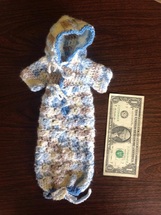
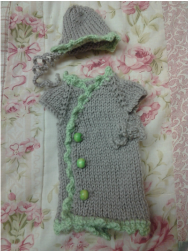
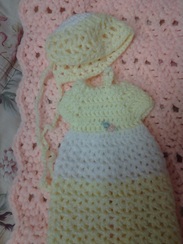
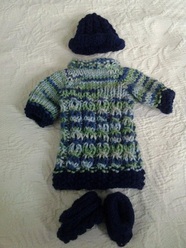
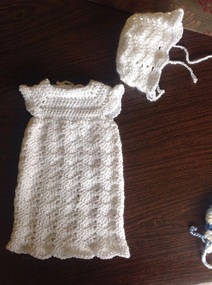
Team Tiny Treasures would love to expand! We are especially looking for additional seamstresses who can make bereavement diapers and tiny shrouds/wraps for miscarried babies. We are also in need of additional crocheted burial cocoons. Patterns are available from St. Croix Birth & Parenting. We would especially love to welcome jewelry makers who would be willing to make matching mom/baby bracelets. If you aren't the crafty type, financial gifts are always welcome which we will use to purchase items for memory baskets or to ship items to families who are located out of the area, or families who cannot visit the Tiny Treasures room. Gifts of new or like-new baby clothes up to size 0-3 months and gently used maternity clothes are also welcome! Contact us for more information, to volunteer, or to donate items.
 Whether your baby dies soon after your positive pregnancy test, in the middle of your pregnancy, at or around your baby's due date, or early in your baby's life--all these different types of loss mean saying good-bye to your child. Perinatal loss (loss of your child or children surrounding the time of birth) can cause a range of emotions: numbness, disappointment, anger, isolation, depression, anxiety, bargaining, hyper-vigilance, loneliness, and profound grief, among many other feelings. It is common to experience physical signs of grief and re-adjustment to life without baby, including uncontrollable tears or sobs, arms that truly ache with emptiness, the need to hold a doll or stuffed animal, breasts that fill with milk or become engorged, increased or decreased appetite, and insomnia. You may hear what sounds like a baby crying. You may have vivid dreams of your baby or of being pregnant again. Depending on the age and condition of your baby, you may have to make decisions about things with which you may have no experience, such as organ donation or funeral plans. It is common to feel overwhelmed and in such a state of shock that details simply pass through you. A Perinatal Loss Doula is (typically) a woman who has received professional training in normal pregnancy and birth, and specialized training in a variety of types of perinatal loss (usually including ectopic pregnancies, molar pregnancies, and other miscarriages; stillbirths; and neonatal loss) so that she can help you understand, if possible, what has happened to you and your baby, as well as inform you of options you have for creating memories of your baby--something that likely will be very important and healing for you. Many Perinatal Loss Doulas are 'loss moms' themselves--or have close friends or family members who are--so they well understand the pain and grief of the loss of a child. Many will perform their services voluntarily as a service to you from the heart of one who has experienced healing to the heart of one who is still hurting. A good Perinatal Loss Doula will walk by your side for as long as it takes until you feel ready to go on without her; listening to you; explaining what you are likely to experience, physically and emotionally; and helping with practical needs like meals or child care. A perinatal loss doula is also a welcome person on your birthing team should you become pregnant again, since she understands how different the experience of a pregnancy and birth after loss can be. Like other doulas, a Perinatal Loss Doula is typically not a health care provider, but if you are pregnant and have recently received the horrible news that your baby has died, but have not yet experienced the loss/birth of your baby, a Perinatal Loss Doula can accompany you through the miscarriage or during the birthing process, as long as you are under the care of a midwife or doctor. The further along you are in the pregnancy, the more the process of birthing your baby will resemble the experience of the birth of a live baby, so having a doula present to help you give birth makes sense, especially when you consider the additional emotional difficulty involved with birthing a baby who has already died. A well-trained Perinatal Loss Doula will not only support the birthing mother, but the baby's father and other family members as well, who will undoubtedly feel their own crush of grief, as well as concern for your health and well-being. Your doula can suggest ways that you can bond with and create memories of your baby, such as naming your baby, washing and clothing the baby, taking photos and footprints, and holding your baby skin-to-skin. She is also trained in different types of farewell ceremonies you may choose and has the contact information for local resources which can assist you so that you do not have to make those phone calls or searches yourself. I recently was granted a partial scholarship to become a perinatal loss doula from a perinatal loss doula training organization called Stillbirthday (because even though your baby has died, the day you hold your baby is still his Birth Day). I hope to complete the training early this fall and believe that I will be the first Stillbirthday-trained Perinatal Loss Doula in the states of Minnesota and Wisconsin. This is a deeply personal journey for me, as I am myself a loss mom. My first two pregnancies ended in loss, one at eight weeks and one at eleven weeks. These two miscarriages were both devastating to me, and so I write about the feelings and experiences of loss from personal experience. I later experienced two very early miscarriages, just days after two faint positive pregnancy tests. Those losses were, for me, less painful at the time, though I miss those two babies just as much as the first two. The decision to become a Stillbirthday perinatal loss doula, however, is to honor a dear friend of mine, whose baby died just after their due date. I would like to honor their baby, as well as my friend and her family, by helping other families in our area who are saying good-bye to their precious children, at a time that seems all too soon. If you are in immediate need of a doula to help you cope with the loss of your baby, please contact me or visit the Stillbirthday website. There are several experienced doulas listed on the site who are available to help you today. |
Details
Archives
November 2023
Categories
All
Enter Your Email Address to get St. Croix Birth Blog Posts in Your Inbox(We don't collect your email address and you won't get anything else from us.)
|
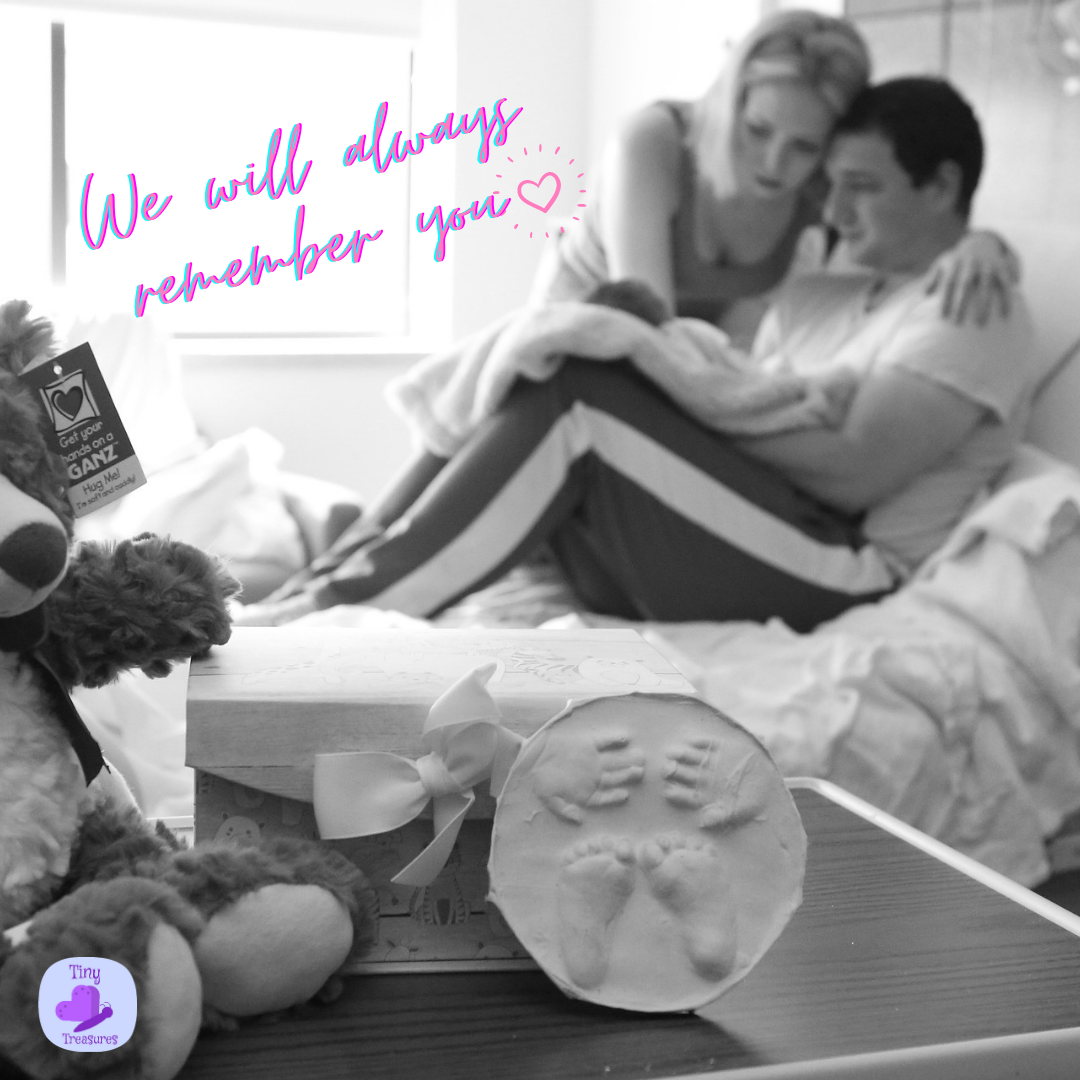
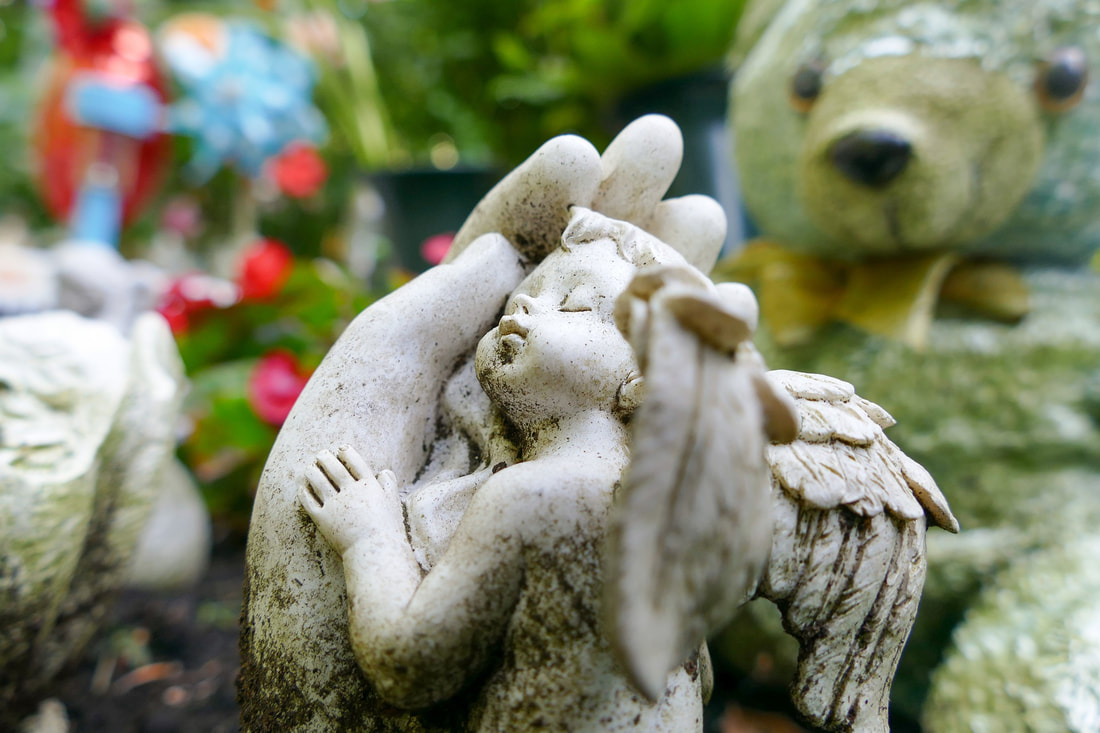
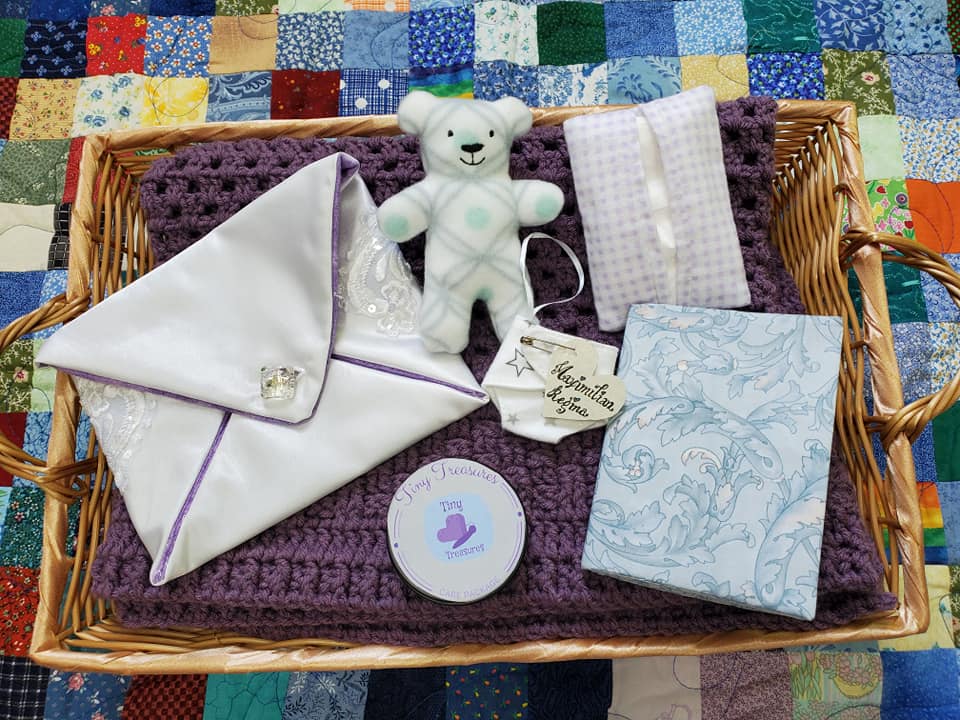
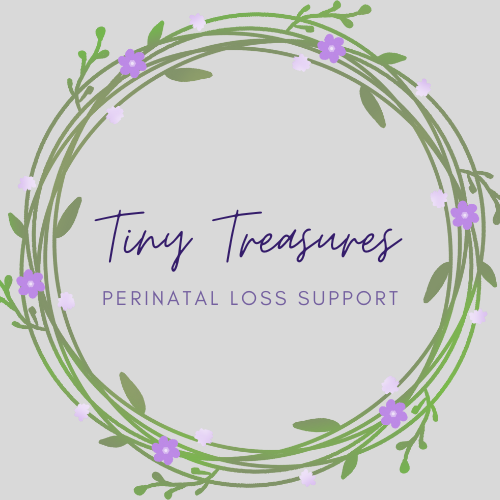
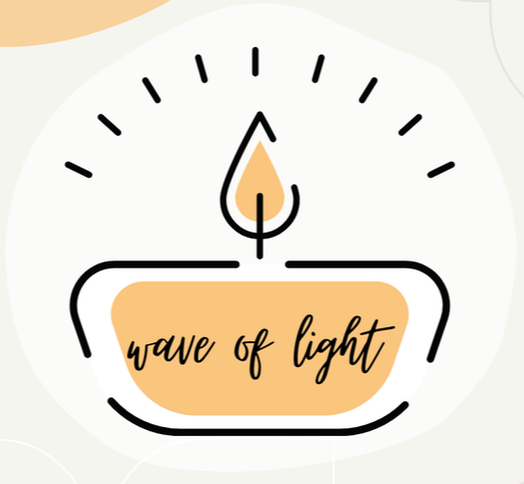
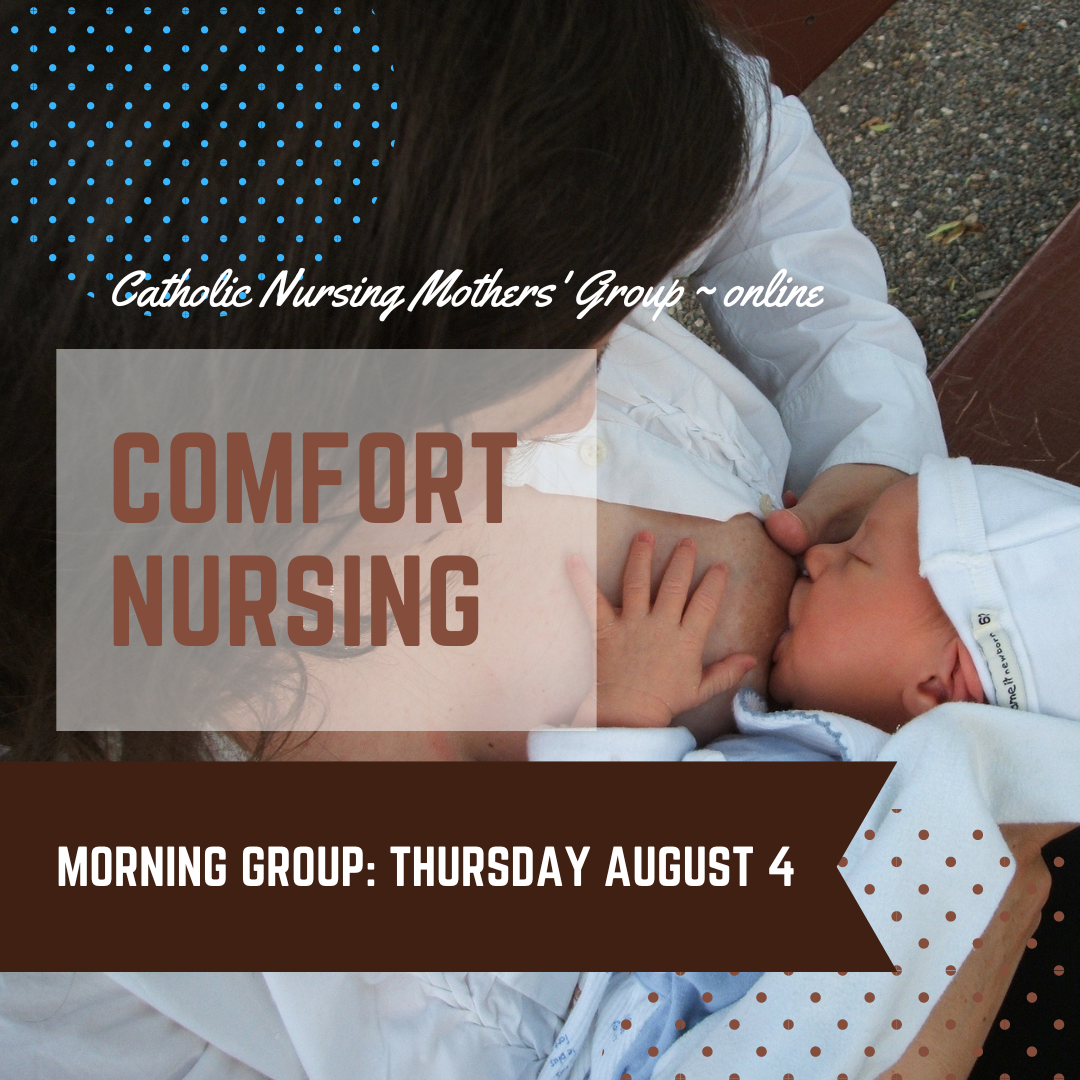
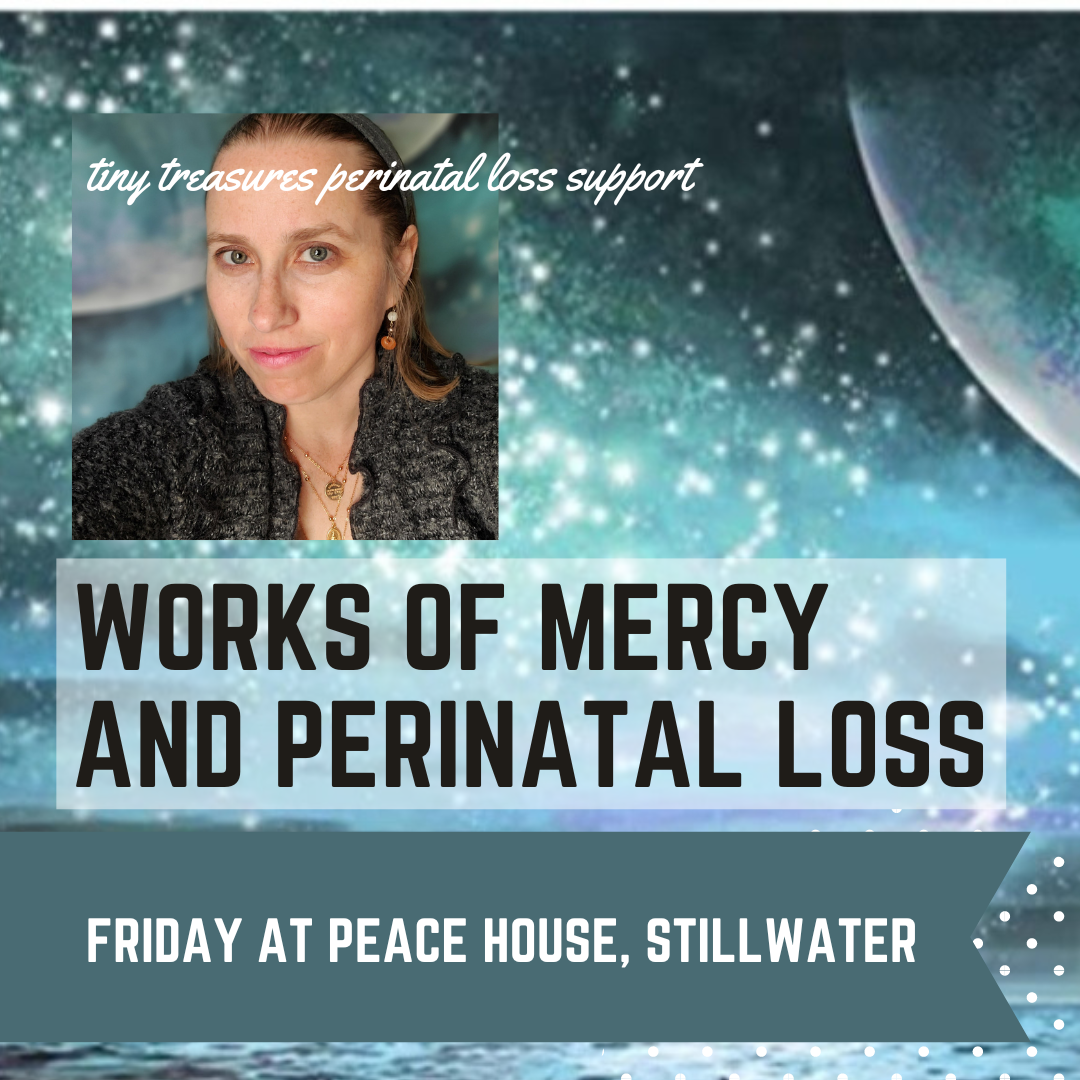

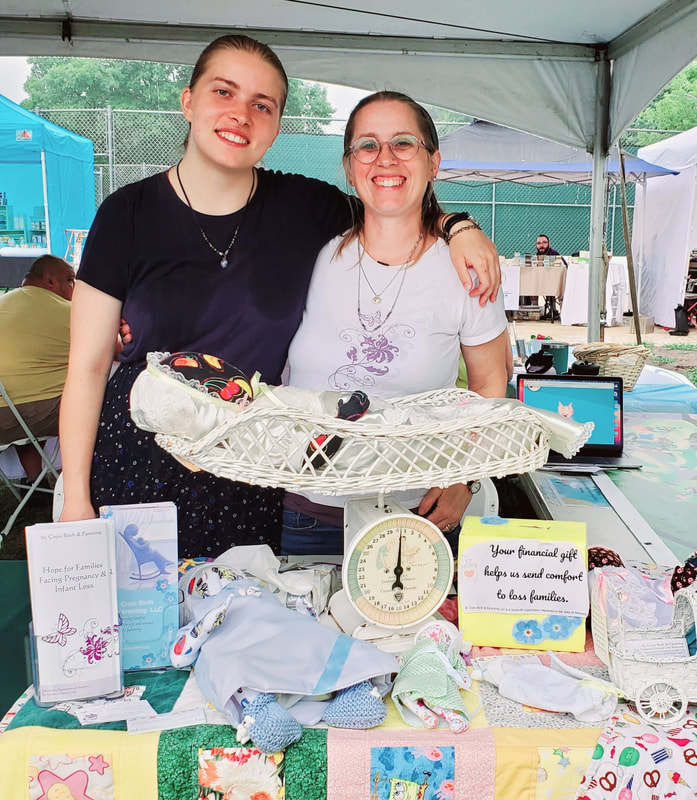
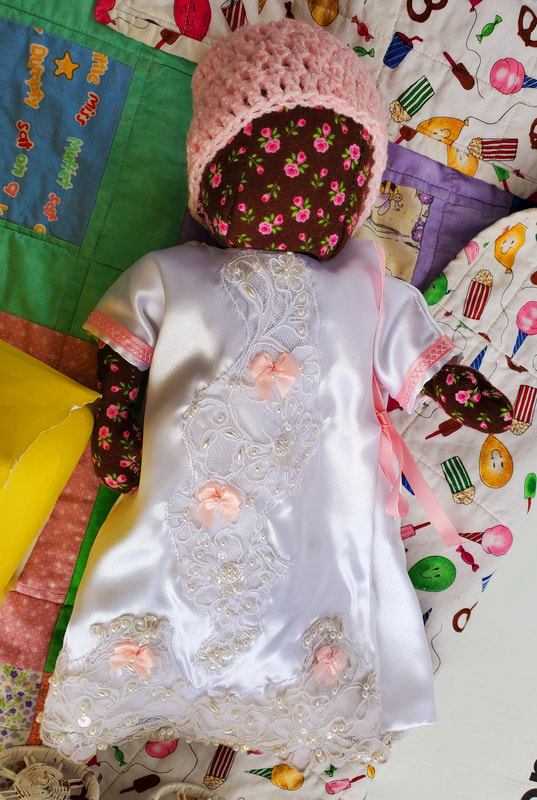
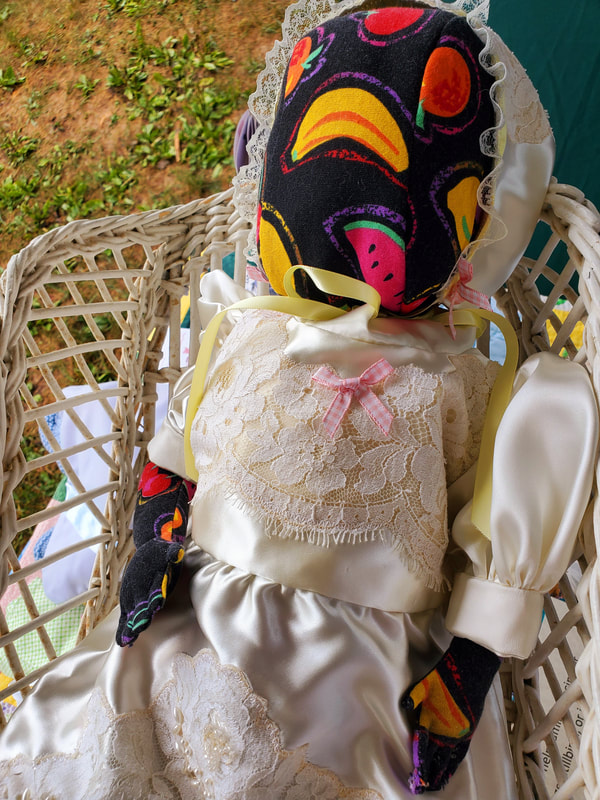
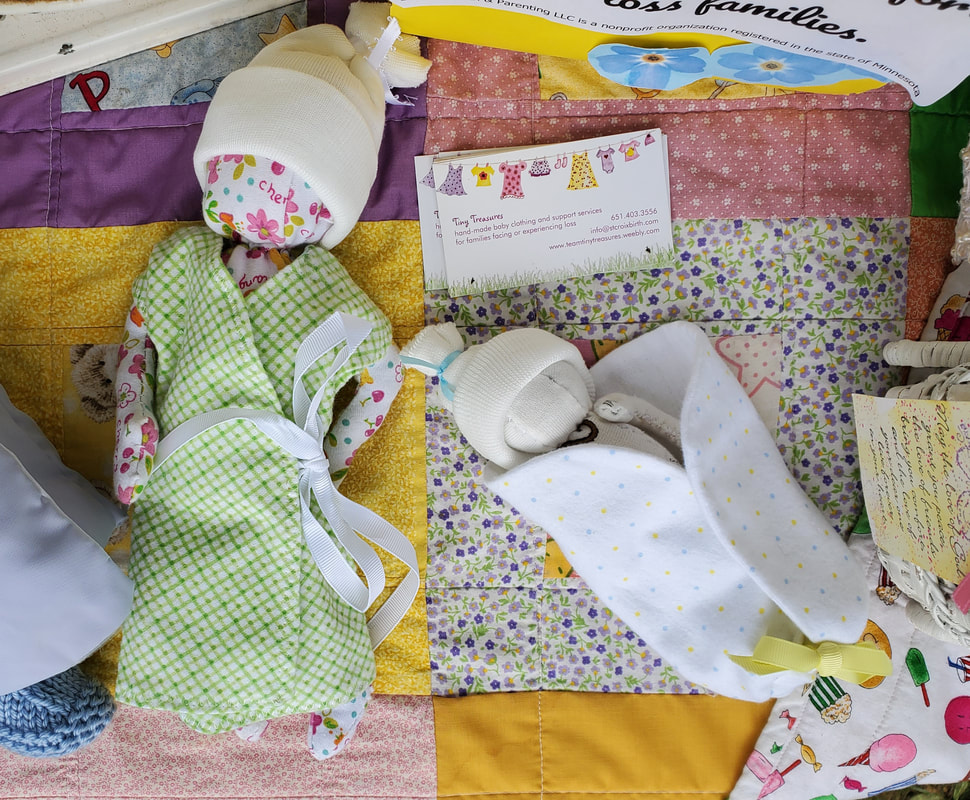
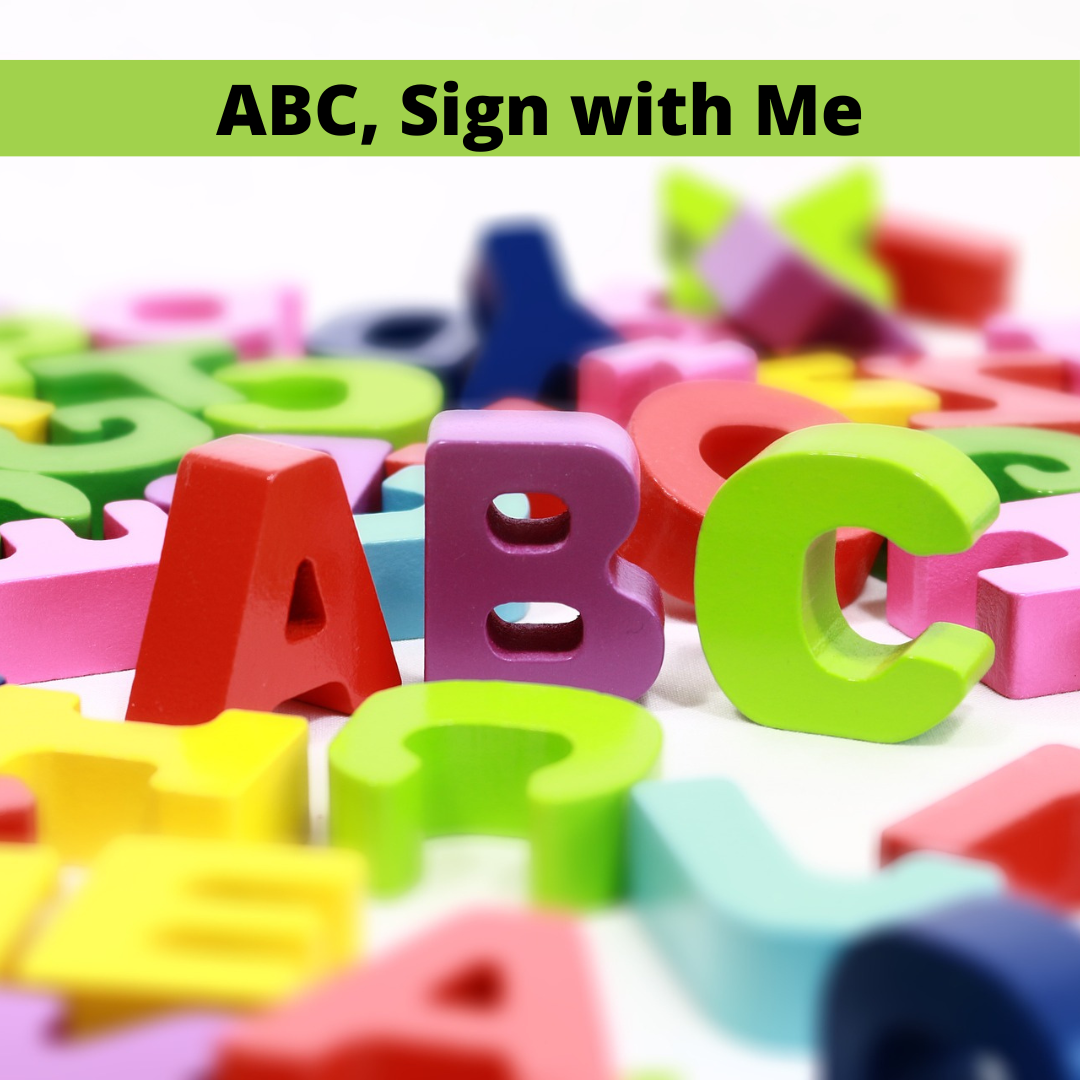
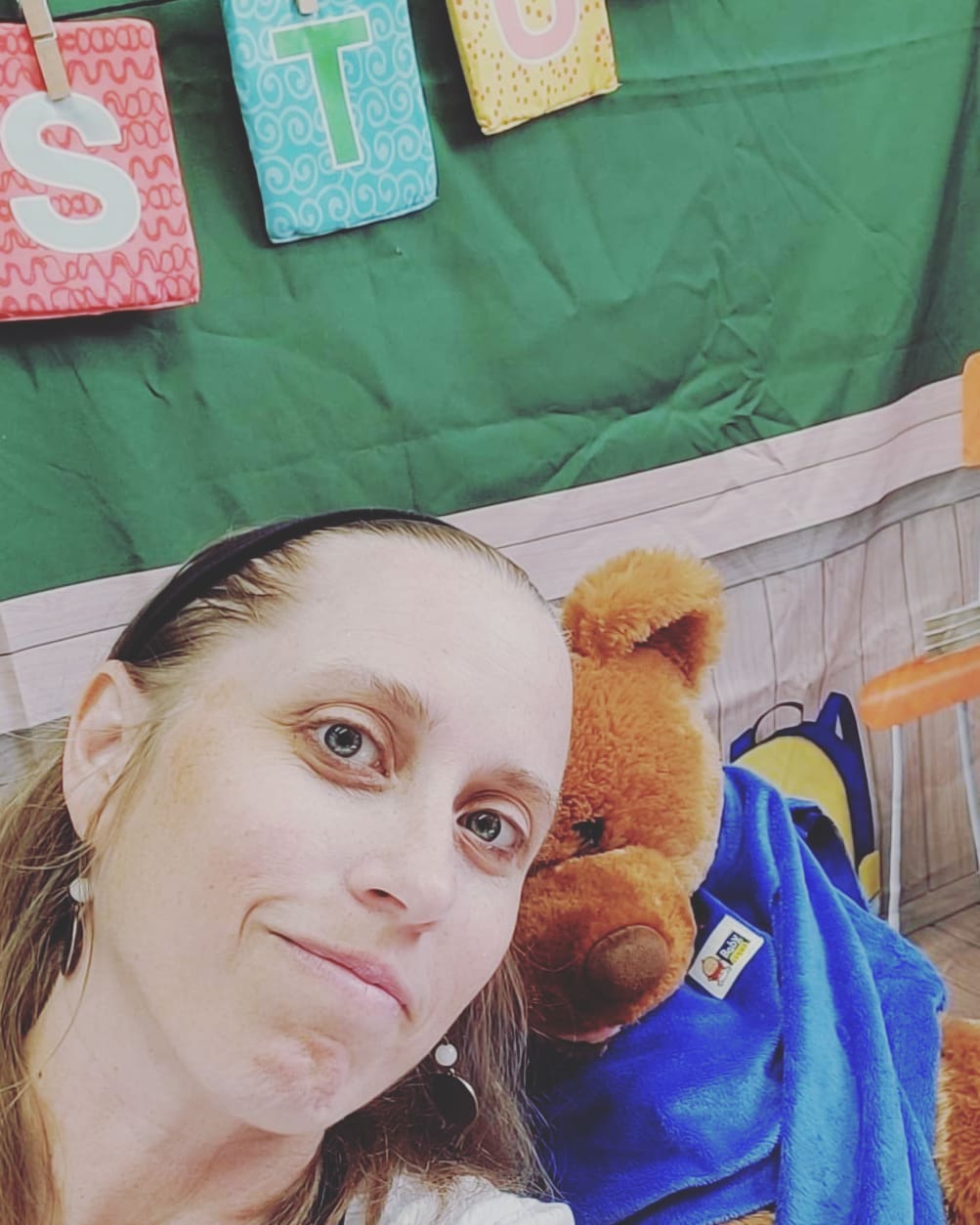
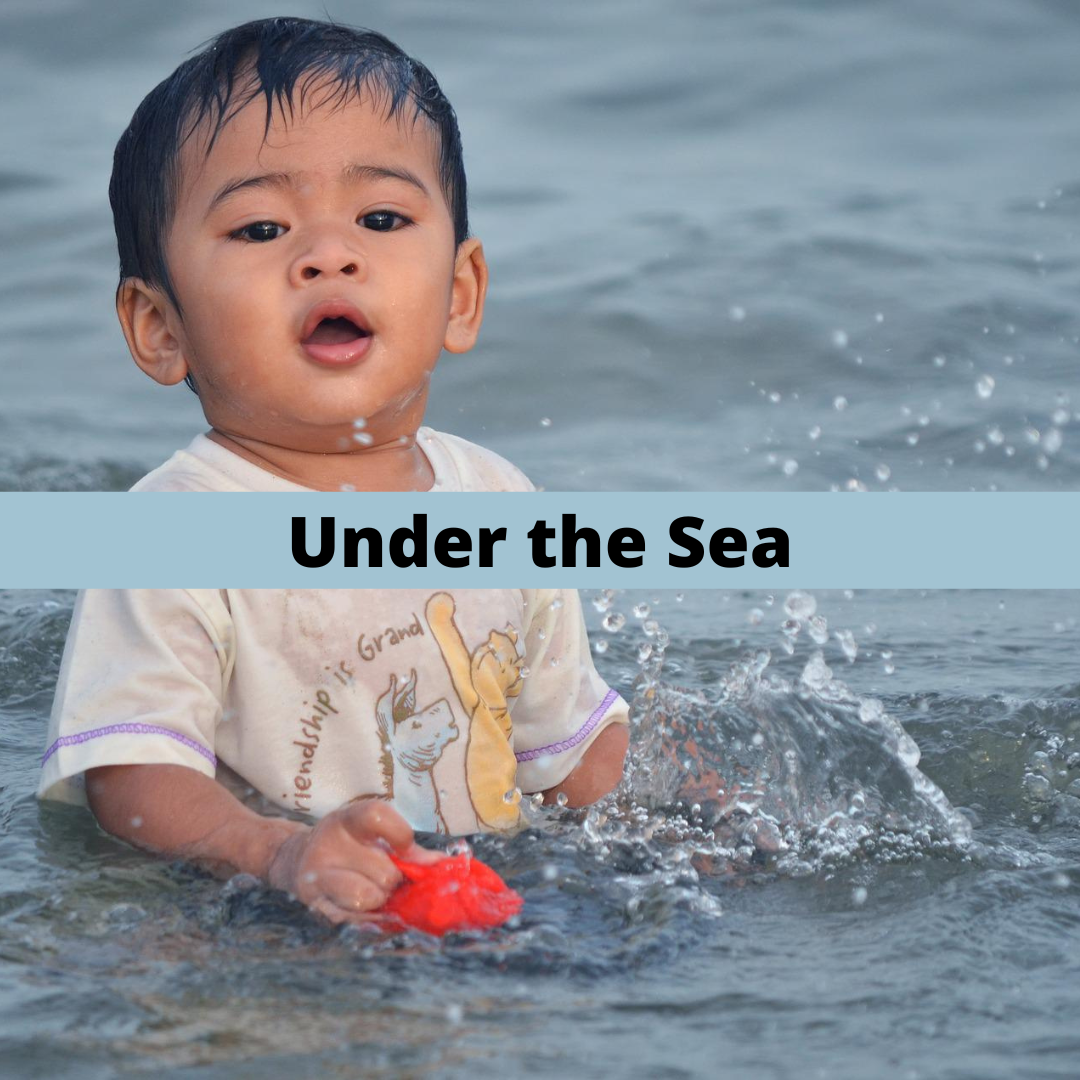
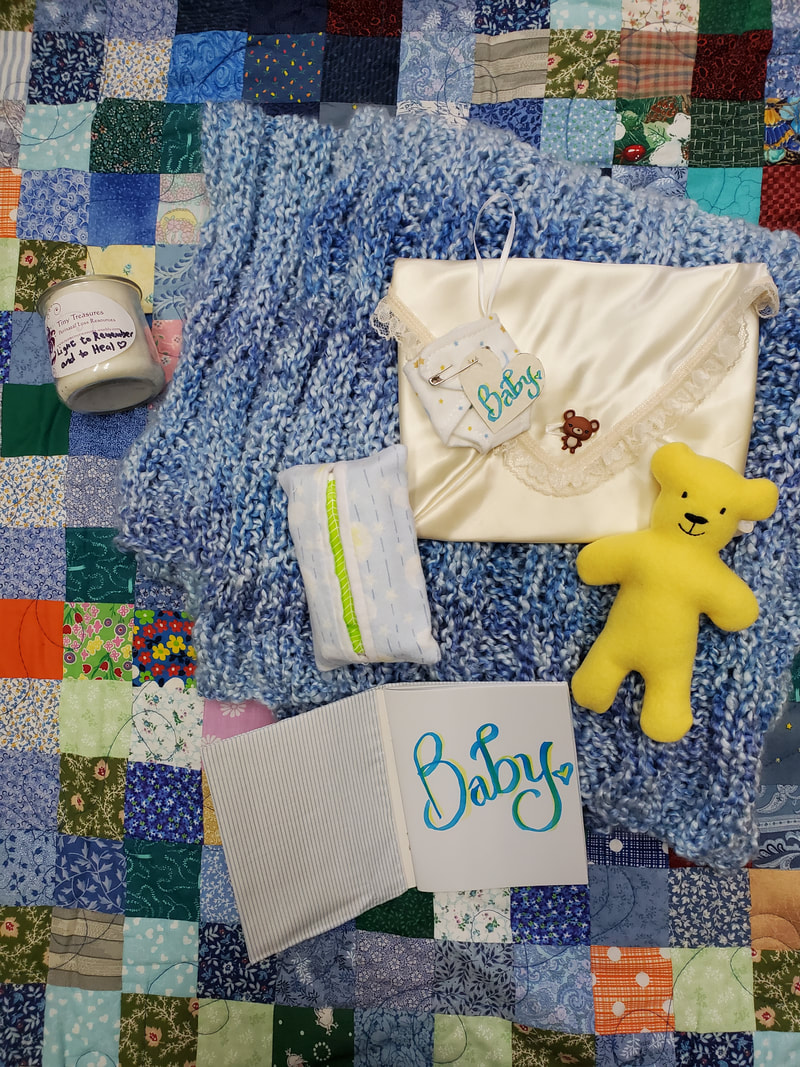

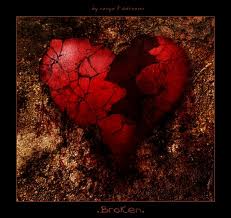
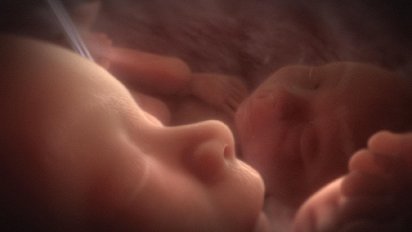
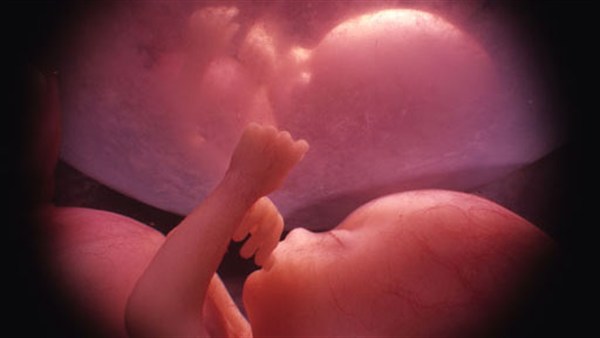

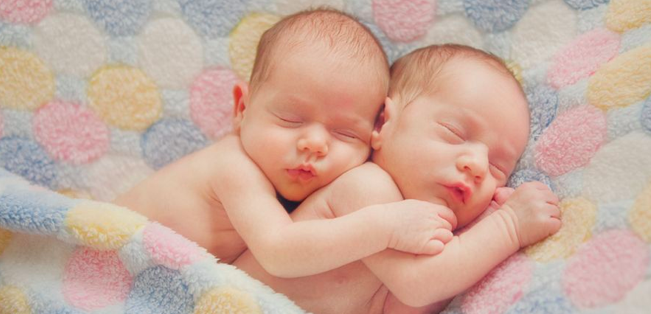


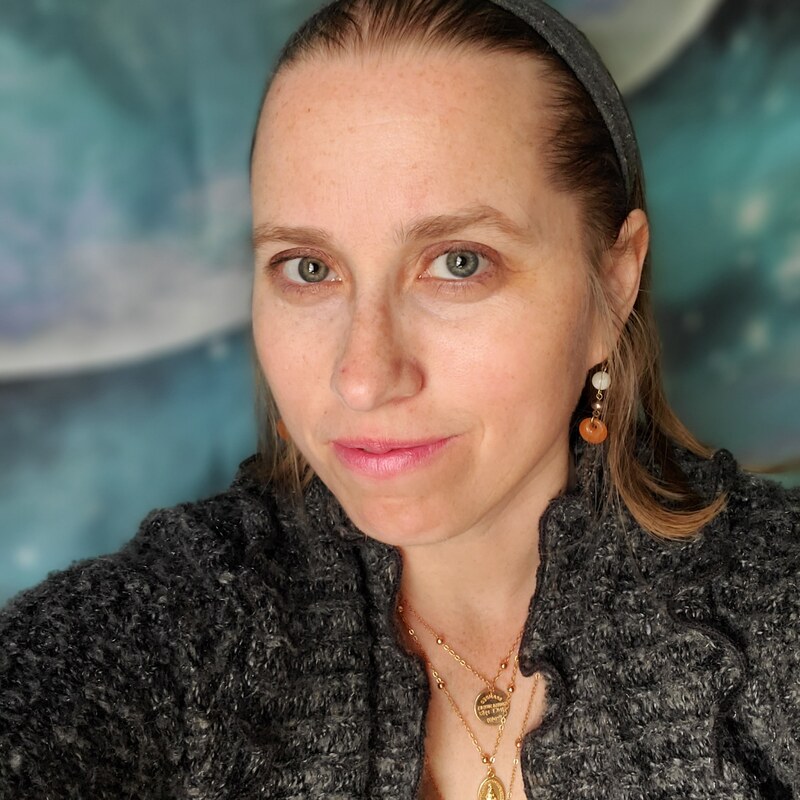
 RSS Feed
RSS Feed